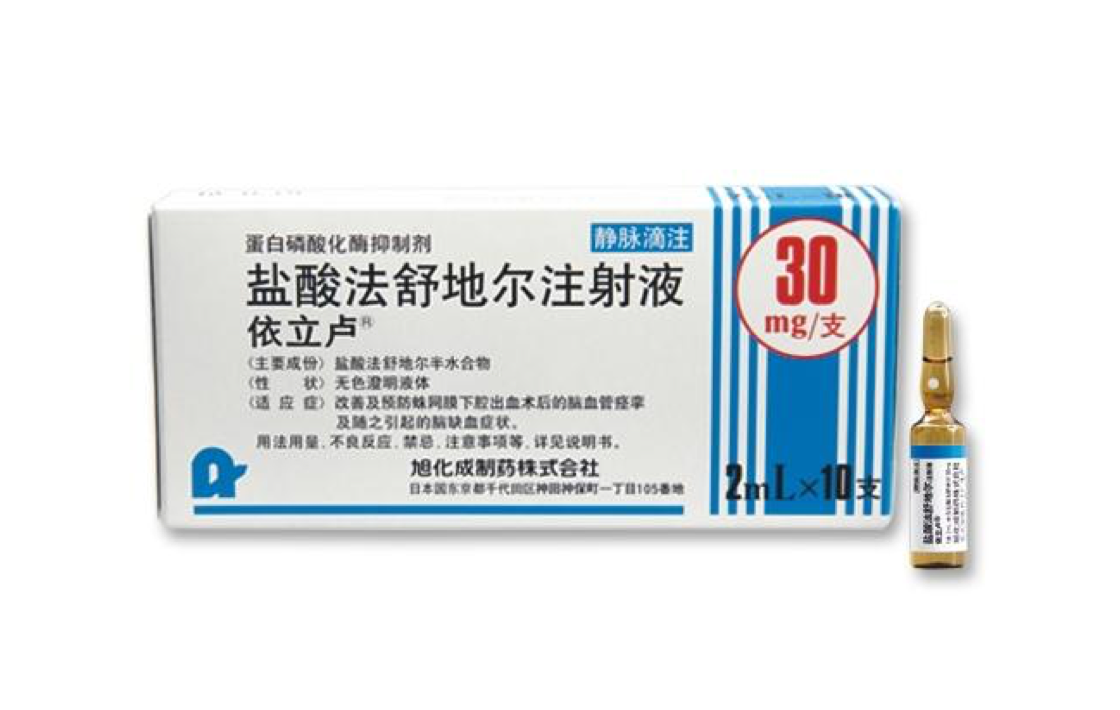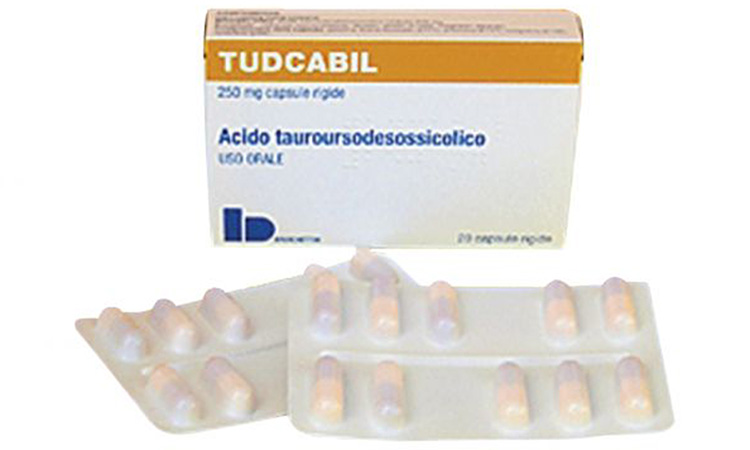Eril (fasudil hydrochloride) vs Tudcabil (tauroursodeoxycholic acid)
Eril (fasudil hydrochloride) vs Tudcabil (tauroursodeoxycholic acid)
Eril (fasudil hydrochloride) is a rho-kinase inhibitor primarily used to treat cerebral vasospasm, which is a complication of subarachnoid hemorrhage, and it works by relaxing blood vessels to improve blood flow. Tudcabil (tauroursodeoxycholic acid) is a bile acid used to treat cholestatic liver diseases, such as primary biliary cholangitis, and it helps to protect and regenerate liver cells and improve bile flow. When deciding between these two medications, it is crucial to consider the specific condition being treated, as Eril is focused on cerebrovascular issues, while Tudcabil targets liver-related disorders.
Difference between Eril and Tudcabil
| Metric | Eril (fasudil hydrochloride) | Tudcabil (tauroursodeoxycholic acid) |
|---|---|---|
| Generic name | Fasudil hydrochloride | Tauroursodeoxycholic acid |
| Indications | Cerebral vasospasm, subarachnoid hemorrhage, pulmonary hypertension | Cholestatic liver diseases, gallstones, cystic fibrosis-related liver disorders |
| Mechanism of action | Rho kinase inhibitor | Choleretic, anti-apoptotic, immunomodulatory effects |
| Brand names | Eril | Tudcabil |
| Administrative route | Oral, intravenous | Oral, intravenous |
| Side effects | Headache, dizziness, hypotension, gastrointestinal disturbances | Diarrhea, nausea, vomiting, back pain |
| Contraindications | Hypersensitivity to fasudil or any component of the formulation | Hypersensitivity to tauroursodeoxycholic acid or any component of the formulation |
| Drug class | Rho kinase inhibitor | Bile acid |
| Manufacturer | Asahi Kasei Pharma Corporation | Dr. Falk Pharma GmbH |
Efficacy
Efficacy of Eril (Fasudil Hydrochloride) in ALS
Eril, known by its generic name fasudil hydrochloride, is a rho-kinase inhibitor that has been explored for its potential therapeutic effects in Amyotrophic Lateral Sclerosis (ALS). While Eril is not primarily approved for ALS, research suggests that rho-kinase inhibition can have neuroprotective effects. Studies on animal models of ALS have shown that fasudil can delay motor neuron degeneration and extend survival. However, the translation of these results to human ALS patients is still under investigation. Clinical trials are necessary to fully understand the efficacy of Eril in treating ALS and to determine the appropriate dosing and safety profile for this patient population.
Efficacy of Tudcabil (Tauroursodeoxycholic Acid) in ALS
Tudcabil, with the active ingredient tauroursodeoxycholic acid, is another compound that has been studied for its potential use in ALS. Tauroursodeoxycholic acid is known for its role in protecting cells from stress-induced apoptosis, which is a form of programmed cell death. In the context of ALS, Tudcabil has been found to exhibit neuroprotective properties in preclinical studies. It is believed to mitigate endoplasmic reticulum stress and modulate mitochondrial function, which are both implicated in the pathogenesis of ALS. However, as with Eril, the effectiveness of Tudcabil in human ALS patients is not yet conclusively established, and more clinical data are required.
Current Clinical Evidence and Limitations
The current clinical evidence for the efficacy of both Eril and Tudcabil in ALS patients is limited. While preclinical studies provide a rationale for their use, the complexity of ALS as a disease and the variability in disease progression among patients make it challenging to assess the true benefit of these drugs. Clinical trials are essential to evaluate their therapeutic potential and to ensure that any observed benefits outweigh the risks. Until such data are available, the use of Eril and Tudcabil in ALS remains experimental and should be pursued within the context of well-designed clinical studies.
Conclusion and Future Directions
Overall, Eril and Tudcabil represent promising avenues for the treatment of ALS, but their efficacy in human patients remains to be confirmed. Continued research and clinical trials are crucial to determine whether these medicines can offer meaningful benefits to individuals with ALS. As the scientific community gains a better understanding of the mechanisms underlying ALS, the potential for drugs like Eril and Tudcabil to be incorporated into treatment regimens will become clearer. For now, patients and healthcare providers should remain informed about the current state of research and the availability of clinical trials investigating these and other potential treatments for ALS.
Regulatory Agency Approvals
Eril
-
Pharmaceuticals and Medical Devices Agency (PMDA), Japan

Tudcabil
-
Italian Medicines Agency (AIFA), Italy

Access Eril or Tudcabil today
If Eril or Tudcabil are not approved or available in your country (e.g. due to supply issues), you can access them via Everyone.org.
How it works

Make an enquiry
Choose the medicine you want to buy, answer a couple of questions, and upload your prescription to speed things up. We’ll get back to you within 24 hours.


Make an enquiry
Choose the medicine you want to buy, answer a couple of questions, and upload your prescription to speed things up. We’ll get back to you within 24 hours.


Breeze through the paperwork
We'll guide you through the required documents for importing unapproved medicine, ensuring you have all the necessary information.


Get a personalized quote
We’ll prepare a quote for you, including medicine costs and any shipping, administrative, or import fees that may apply.


Receive your medicine
Accept the quote and we’ll handle the rest - sourcing and safely delivering your medicine.

Some text on this page has been automatically generated. Speak to your physician before you start a new treatment or medication.
Let's talk
If you have any questions, call us or send us a message through WhatsApp or email:
Contact us




